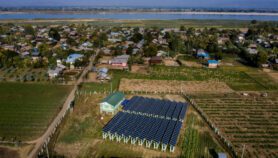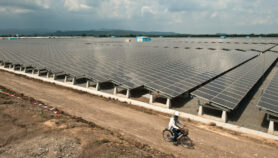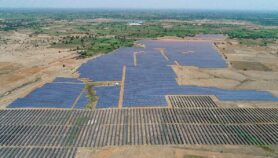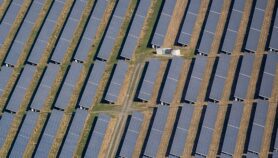By: Jia Hepeng
Send to a friend
The details you provide on this page will not be used to send unsolicited email, and will not be sold to a 3rd party. See privacy policy.
[BEIJING] Imposing a carbon tax to fight climate change will not hurt the poor in the developing countries, according to research announced this week (15 May).
The study, conducted by Arief Anshory Yusuf of Padjadjaran University in Indonesia, was presented at the 27th biannual workshop of the Economy and Environment Programme for Southeast Asia in Beijing, China.
A carbon tax ― the term for taxes imposed on energy consumption ― has long been considered an effective way to reduce energy consumption and slash carbon emissions.
Previous studies have suggested that by increasing energy prices, carbon taxes could harm the poor more than the rich ― as the former spend a higher proportion of their income on fuel.
But the new study, based on data from Indonesia, shows that in terms of energy consumption, the impact on the rural poor would be much less than that on wealthy people in cities, as the poor use comparatively little energy.
The poor could actually benefit from a carbon tax. Rising energy prices mean that small scale farmers ― who make up the majority of Indonesia’s poor and use little machinery ― could compete better with large farms that rely on machinery with high energy consumptions.
The study reveals that Indonesia’s gross domestic product could be stunted by a carbon tax. But revenues gained from the tax could be put back into society ― by cutting taxes on commodities for example.
And although a carbon tax would impact the heavy energy consuming industries, he suggests that this would not damage the economy too much, as it might encourage the use of energy efficient technologies.
Yusuf said the study had "important implications in helping developing countries design policies that encourage carbon emission reduction".
Nancy Olewiler, director of the public policy programme at the Canada-based Simon Fraser University, said the study was important in revealing the harmony between social welfare and environmental goals in developing countries.
"The study shows that the later we adopt actions [against heavy-energy consumption], the worse our situation will be, as countries would become more reliant on massive use of energies," she told SciDev.Net.
More studies are needed in developing countries to expand the finding’s applications, Olewiler added.













